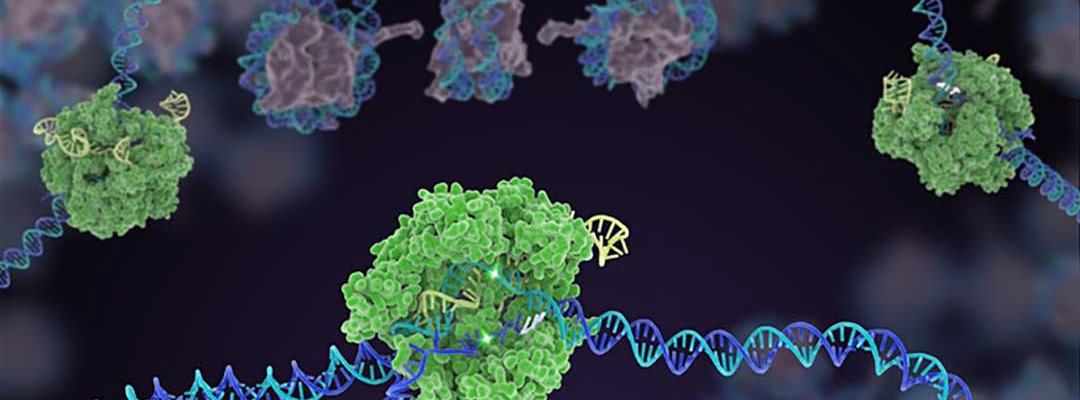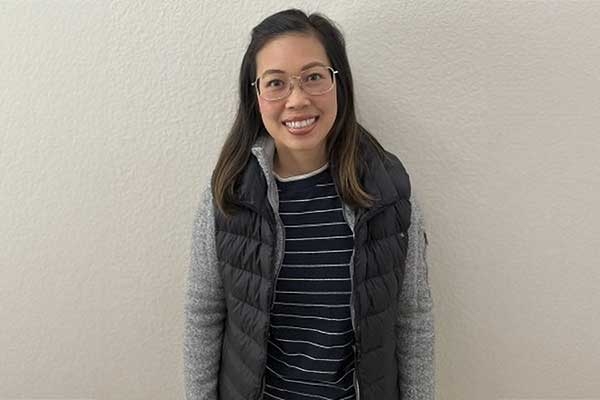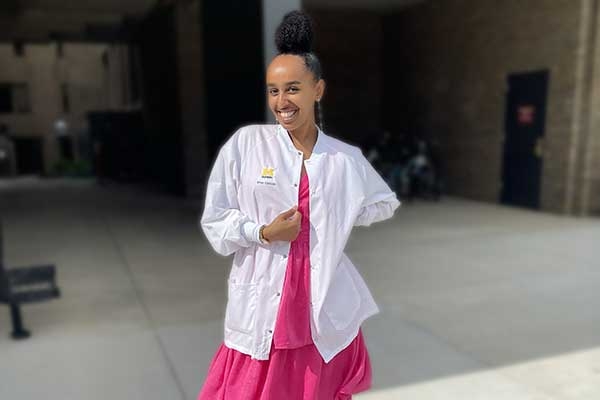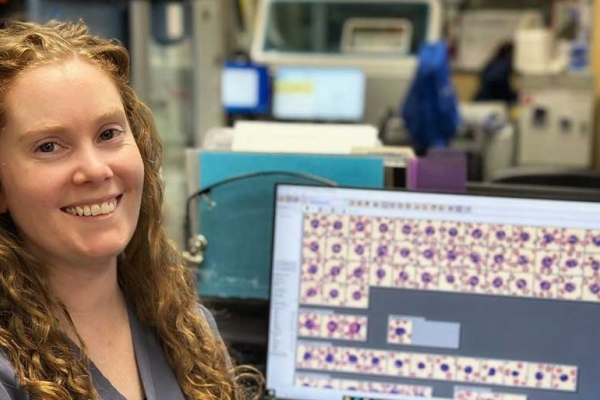Genome editing is adapting and evolving rapidly.
The impact of genome editing on technology, science and entrepreneurship is profound and promises to alter the way we address medical and agricultural problems. At this event, designed for a general audience and anyone interested in biotechnology and life sciences, our speakers will discuss the biology of CRISPR and emerging applications of the genome editing technology.
The evening begins with a lecture followed by a panel discussion among academic and industry representatives, including UC Berkeley's Innovative Genomics Institute. Q&A will follow the discussion.
Panelists
Geoffrey Sargent, Ph.D, CEO, Chair at GeneTether
Geoffrey has been working in the field of gene editing in mammalian cells since 1987 starting at the Imperial Cancer Research Fund (now Cancer UK) in Great Britain. He was one of the first researchers to use a site-specific DNA strand-breaking system in 1994 to study gene editing by homologous recombination and non-homologous end joining in mammalian cells while working at the Baylor College of Medicine (Houston, Texas). Since moving to the San Francisco Bay Area in 1998, Geoffrey has continued to work in biotech and academia, developing gene editing technologies in pluripotent stem cells for treatment of sickle cell disease and cystic fibrosis. He has held positions at UCSF, and as CSO and VP Research at stem cell and gene therapy companies.
Kevin Doxzen, Ph.D.
Kevin received his Ph.D. in Biophysics from the lab of Dr. Jennifer Doudna at UC Berkeley that discovers and develops CRISPR systems and other RNA-guided mechanisms of gene regulation. Following grad school, Kevin joined the Innovative Genomics Institute (IGI) as the science communications specialist. The IGI is a joint-research partnership between UC Berkeley and UCSF, focused on developing genome editing tools to treat genetic diseases and engineer sustainable agriculture. In this role, Kevin undertakes myriad projects in education, outreach and communications. From designing high school CRISPR kits to developing CRISPR AR and VR apps, the IGI is working to bring educational tools to school, libraries and hospitals. Kevin also gives public talks; writes op-ed articles; and collaborates with various community groups to engage, equip and empower different stakeholders with accurate information. Disruptive technologies are rapidly advancing, and Kevin wants to make sure no one is left behind.
Nicole Paulk, B.S., Ph.D.
Nicole Paulk is an Assistant Adjunct Professor and K01 Fellow in Viral Gene Therapy at UCSF in San Francisco. Dr. Paulk has a B.S. in Medical Microbiology, a Ph.D. in Viral Gene Therapy and Regenerative Hepatology from OHSU with Dr. Markus Grompe, and completed her Postdoctoral Fellowship in Human Gene Therapy with Dr. Mark Kay at Stanford University. She is a pioneer in the development of next-generation AAV gene delivery platforms and has engineered payloads for gene repair and gene transfer for numerous rare diseases, utilized directed evolution to evolve capsid serotypes with novel tropisms, and has applied comparative proteomic approaches to interrogate challenges in vector manufacturing. Her translational research lab at UCSF now develops solutions for the biggest problems in gene therapy: cost, delivery and efficacy, with a focus on treatments for rare diseases and cancer.
Peggy G. Lemaux
Peggy Lemaux is on the faculty in the Department of Plant and Microbial Biology at UC Berkeley. Although formally trained in microbiology, Peggy has focused her research on understanding and modifying crop plants to improve their capacity to address climate change and population expansion. Her laboratory uses genetic engineering, editing and other genomic technologies to understand and improve cereal crops such as wheat, barley, rice and sorghum. Presently, she is the lead investigator on a $12.3M Department of Energy-sponsored project to use omic technologies to study mechanisms involved in the notable drought tolerance of sorghum and its associated microbiome. Her teaching is aimed at public audiences and focuses on plants, agriculture, food production and the impact of new technologies—such as genomics, genetic engineering and genome editing—on agriculture and food. She is a fellow of the American Association for the Advancement of Science, the American Society of Agronomy, the American Society of Plant Biologists and served as its president in 2013.
Details
Thursday, Jan. 30, 2020
6–8 pm (Pacific Time)
UC Berkeley Extension San Francisco Campus
160 Spear St., enter on Main Street
5th floor, Room 505
San Francisco, CA 94105
View map
Free



